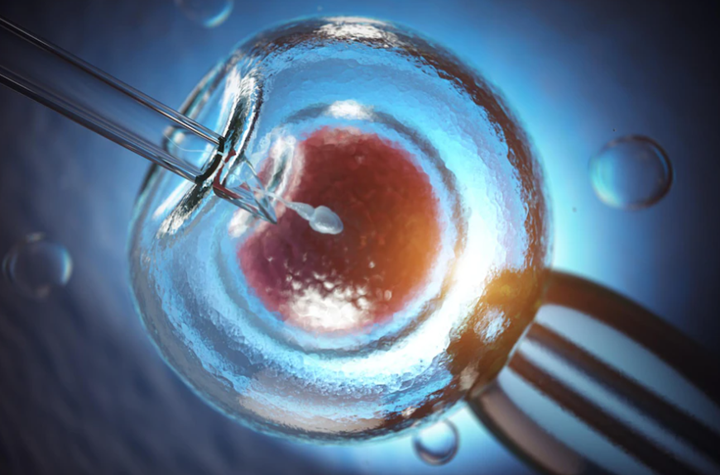In Vitro Fertilization (IVF) serves as a beacon of hope for individuals and couples struggling with infertility on their journey to parenthood. Although it presents as a complex and costly solution, many opt for IVF only after exploring alternative fertility treatments like intrauterine insemination and fertility drugs.
Understanding IVF
In Vitro Fertilization (IVF) stands as a prominent form of assisted reproductive technology (ART), orchestrating the union of eggs and sperm outside the body. The resultant embryo, formed through this fusion, can be frozen for preservation, or placed within the woman’s uterus to nurture.
Indications and Approaches
IVF caters to diverse infertility cases:
- Using personal eggs and partner’s sperm
- Using personal eggs and donor sperm
- Donor eggs and partner’s sperm
- Donor eggs and donor sperm
- Donated embryos
IVF even extends to surrogate pregnancy, employing a gestational carrier to carry the embryo to term.
Rationale for IVF
IVF addresses various infertility concerns:
- Women over 40 with reduced fertility
- Fallopian tube obstruction or damage
- Diminished ovarian function
- Endometriosis or uterine fibroids
- Male infertility, like low sperm count
- Unexplained infertility
IVF also provides a solution for couples carrying genetic disorders, allowing testing of embryos for genetic defects before implantation.
Preparation for IVF
Women undergo ovarian reserve testing and uterine evaluation. Men undergo sperm analysis, which might lead to intracytoplasmic sperm injection (ICSI) to address weak or damaged sperm. Considerations involve unused embryos, number of embryos transferred, risk of multiple pregnancies, and emotional aspects.
The IVF Process in Five Steps
Stimulation: Hormonal treatments induce egg production, monitored through ultrasounds and blood tests.
Egg Retrieval: Mature eggs are retrieved via minor surgery.
Insemination: Sperm and eggs are combined in a lab dish, using ICSI if needed.
Embryo Culture: Embryos mature and may undergo genetic testing.
Transfer: Healthy embryos are placed in the uterus.
Complications and Risks
IVF carries potential risks such as multiple pregnancies, miscarriage, ectopic pregnancies, and ovarian hyperstimulation syndrome (OHSS). Rare risks involve bleeding, infection, and organ damage.
In Vitro Fertilization is a beacon of hope for those confronting infertility, offering a pathway to parenthood. It requires careful consideration of medical, emotional, and ethical aspects, highlighting the importance of seeking professional advice and emotional support. IVF stands as a testament to modern medical progress, enabling dreams of parenthood to become tangible realities.



